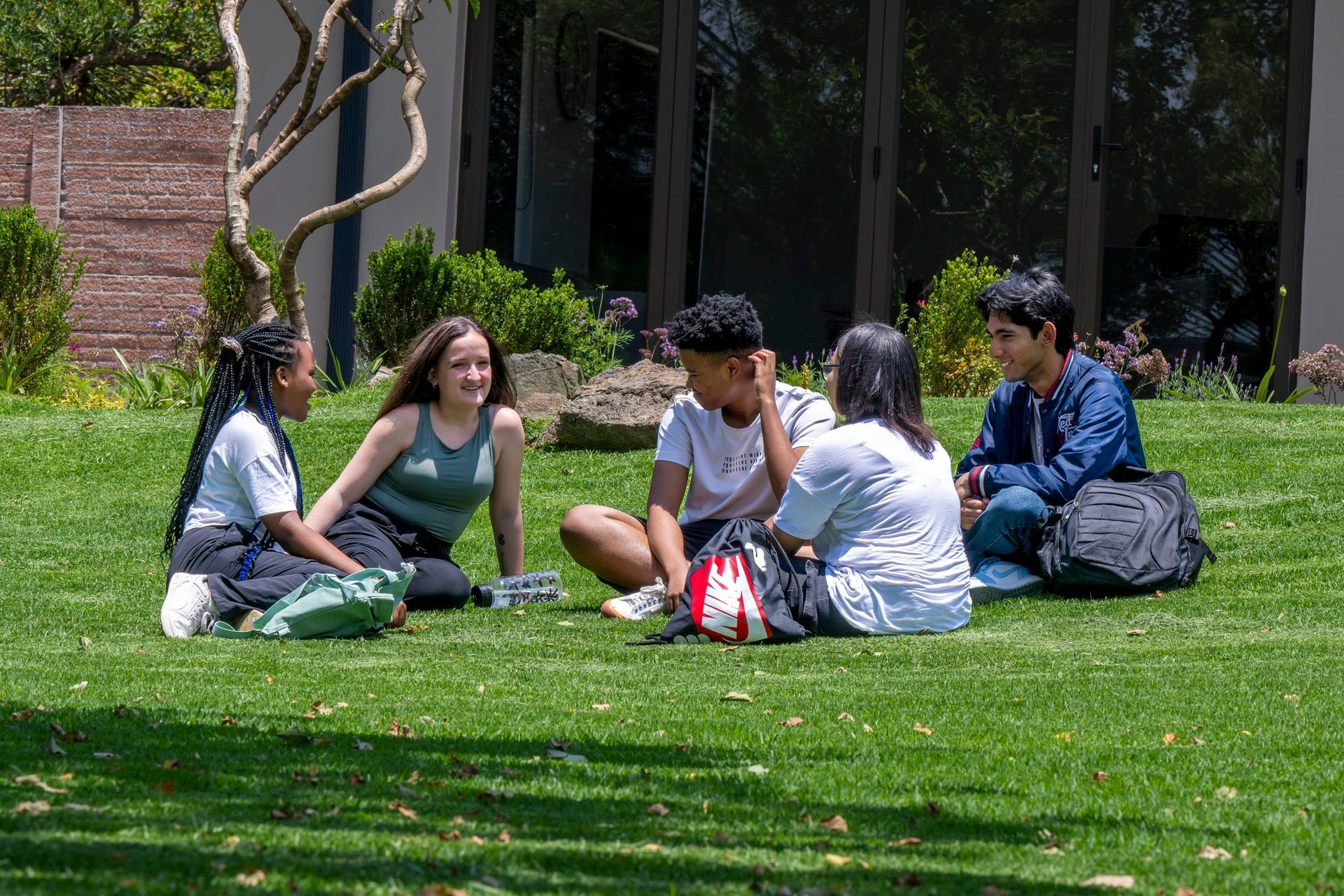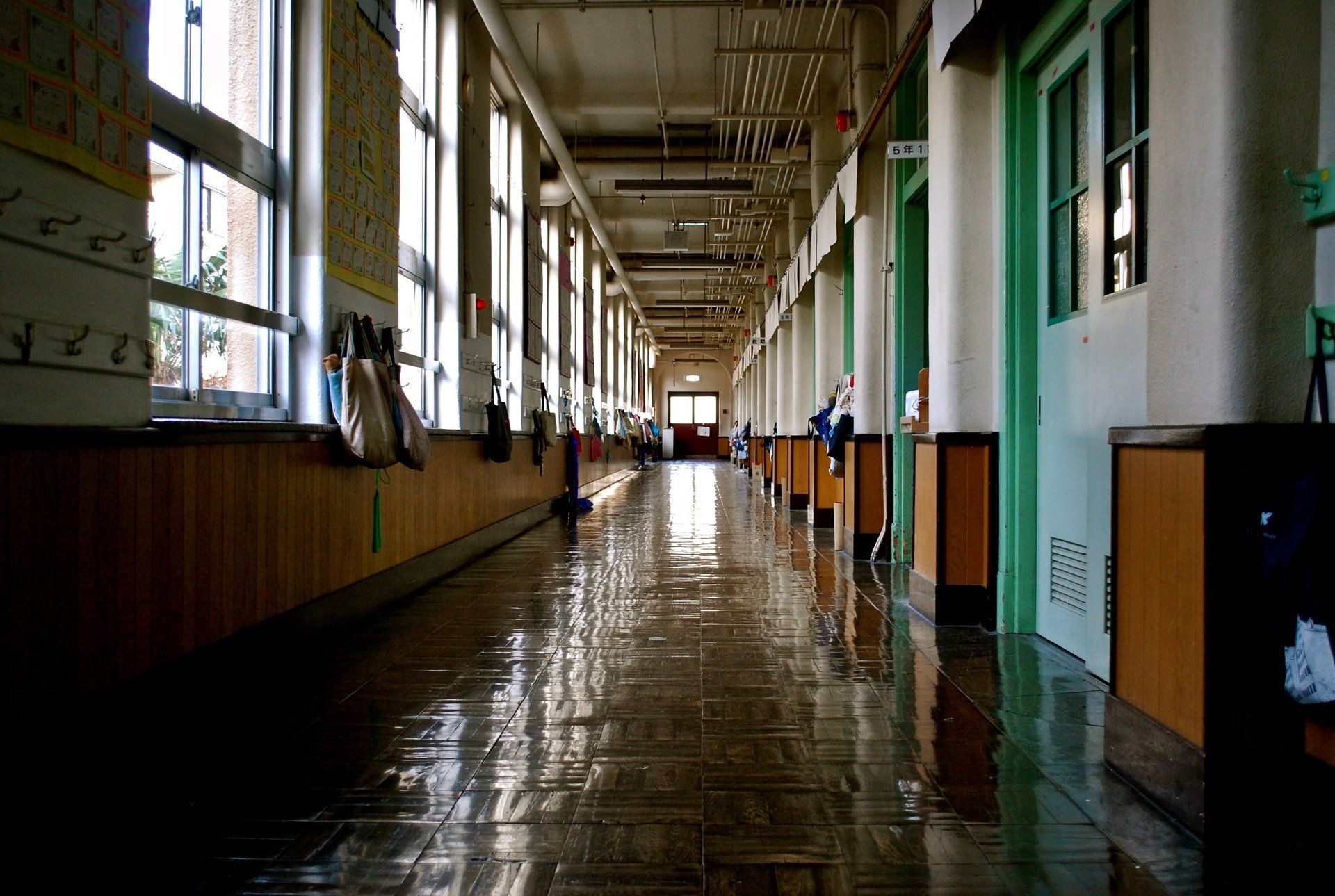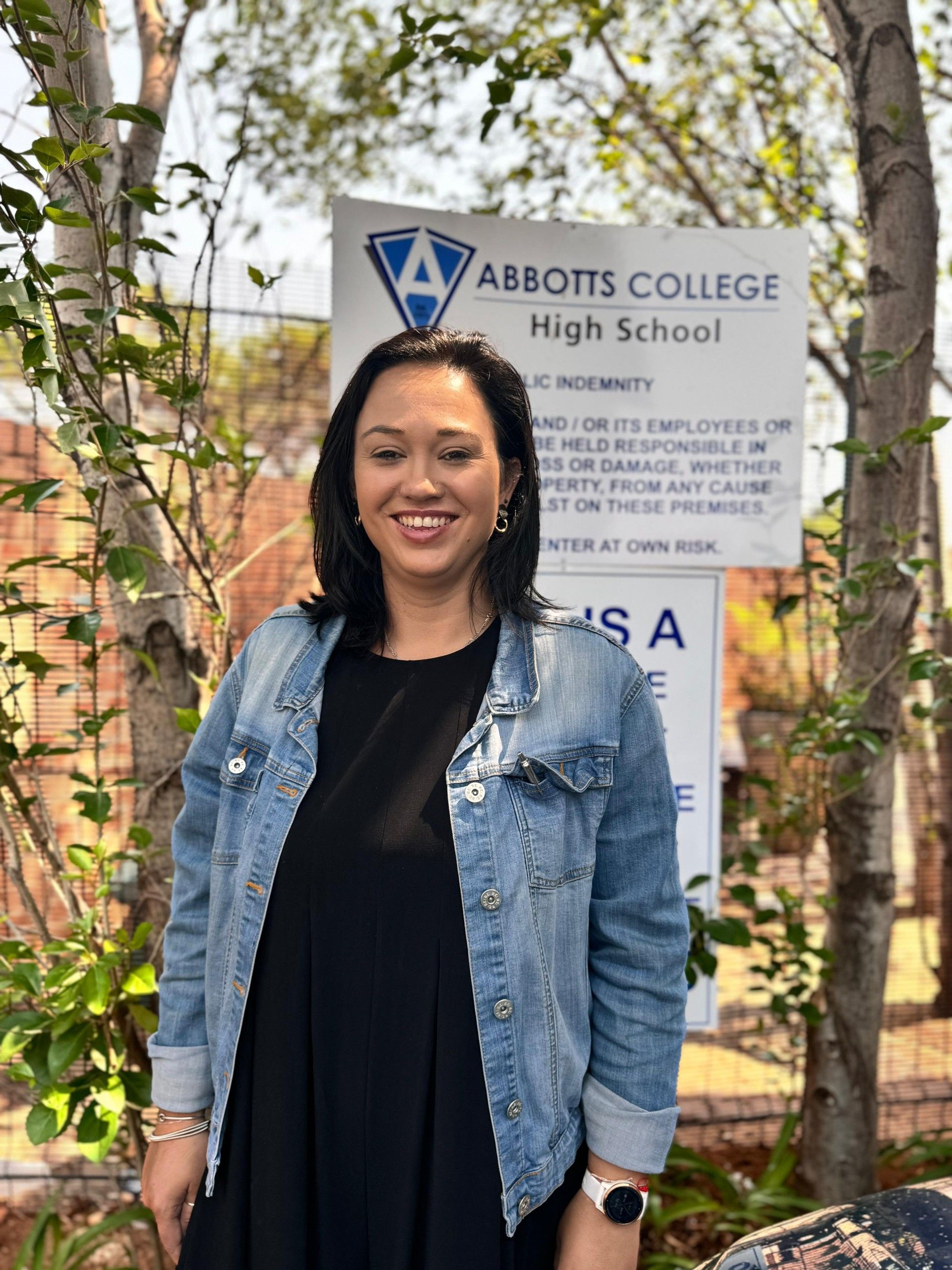CULTIVATING DISCIPLINE: EXPLORING DYNAMICS IN SOUTH AFRICAN SCHOOLS, FOSTERING ACADEMIC SUCCESS THROUGH RESTORATIVE PRACTICES FOR A STRONGER COMMUNITY
Discipline serves as the cornerstone of a well-functioning society, transcending classroom boundaries and weaving into the very fabric of our homes. This article delves into the intricate challenges of discipline in South African schools, recognising the multifaceted nature of the issue that educators, parents, and policymakers grapple with. It underscores the pivotal role that discipline plays within school walls and in the nurturing environment of homes. Moreover, the relationship between good discipline and academic success will be explored as a key element in building a stronger educational foundation.
The Landscape of Discipline in South African Schools:
With its rich cultural diversity and historical context, South Africa faces unique challenges in maintaining discipline within its educational systems. The persistent effects of apartheid, socio-economic disparities, and cultural differences contribute to a complex environment where instilling a sense of order is paramount. Recent efforts have aimed to address these challenges, striving to create an inclusive and disciplined learning environment that fosters academic achievement.
Challenges Faced:
In South African schools, a primary hurdle lies in the stark resource disparities between urban and rural areas. Many schools in disadvantaged communities grapple with overcrowded classrooms, limited access to educational materials, and inadequate infrastructure, all of which exacerbate disciplinary issues. Violence and substance abuse, prevalent in urban areas, further contribute to a cycle of indiscipline that is challenging to break. Addressing these issues necessitates comprehensive strategies that encompass both academic and social aspects of discipline.
The Role of Home in Shaping Discipline:
Discipline is not confined to school walls; it is a value instilled in individuals from an early age, primarily within the family unit. Parents and guardians play a crucial role in shaping discipline, providing the foundations of respect, responsibility, and self-control. Actively engaged parents who reinforce positive behaviours contribute significantly to creating a disciplined and conducive learning environment.
Holistic Approach to Discipline:
Schools and parents must adopt a holistic approach, addressing punitive measures and providing counselling and support services for students facing personal challenges. Restorative justice practices effectively resolve conflicts and foster a sense of responsibility, laying the groundwork for academic success.
Restorative Discipline:
Recognizing the evolving needs of today's schools, restorative discipline offers an alternative to traditional punitive measures. This approach focuses on repairing harm, promoting empathy, and encouraging personal growth. By combining restorative practices with appropriate consequences, schools can create a positive and inclusive learning environment that fosters more robust relationships, a sense of belonging, and ultimately, academic success.
The Power of Consequences:
Restorative discipline acknowledges the necessity of consequences in promoting accountability. Unlike traditional punitive measures, restorative consequences are meaningful, proportionate, and focused on restoration. Activities such as community service, making restitution, writing reflective essays, or participating in circles and mediation sessions replace isolation with opportunities for understanding and growth.
Benefits of Restorative Discipline with Consequences:
- Stronger Relationships: Restorative discipline promotes communication, empathy, and understanding, strengthening relationships within the school community.
- Increased Accountability: Involving students in the resolution process fosters accountability, as they recognise the consequences of their choices and take ownership of their behaviour.
- Improved Behaviour: By addressing underlying causes and supporting positive changes, restorative discipline equips students with skills for making better choices, enhancing their prospects for academic success.
- Safer Learning Environment: Cultivating a culture of understanding reduces conflicts, resulting in a safer and more inclusive learning environment conducive to academic achievement.
Discipline in South African schools is a complex challenge that demands collaboration from all stakeholders. By addressing resource disparities, embracing restorative practices, and recognising the crucial role of the family unit in shaping discipline, South Africa can pave the way for a brighter future marked by academic success. Restorative discipline, with its emphasis on repairing harm and fostering personal growth, offers a powerful tool for building a more robust and happier school community. Through these efforts, schools can transform disciplinary procedures into opportunities for growth, understanding, and community-building, setting the stage for students’ ACADEMIC IMPROVEMENT and the educational community to flourish.










